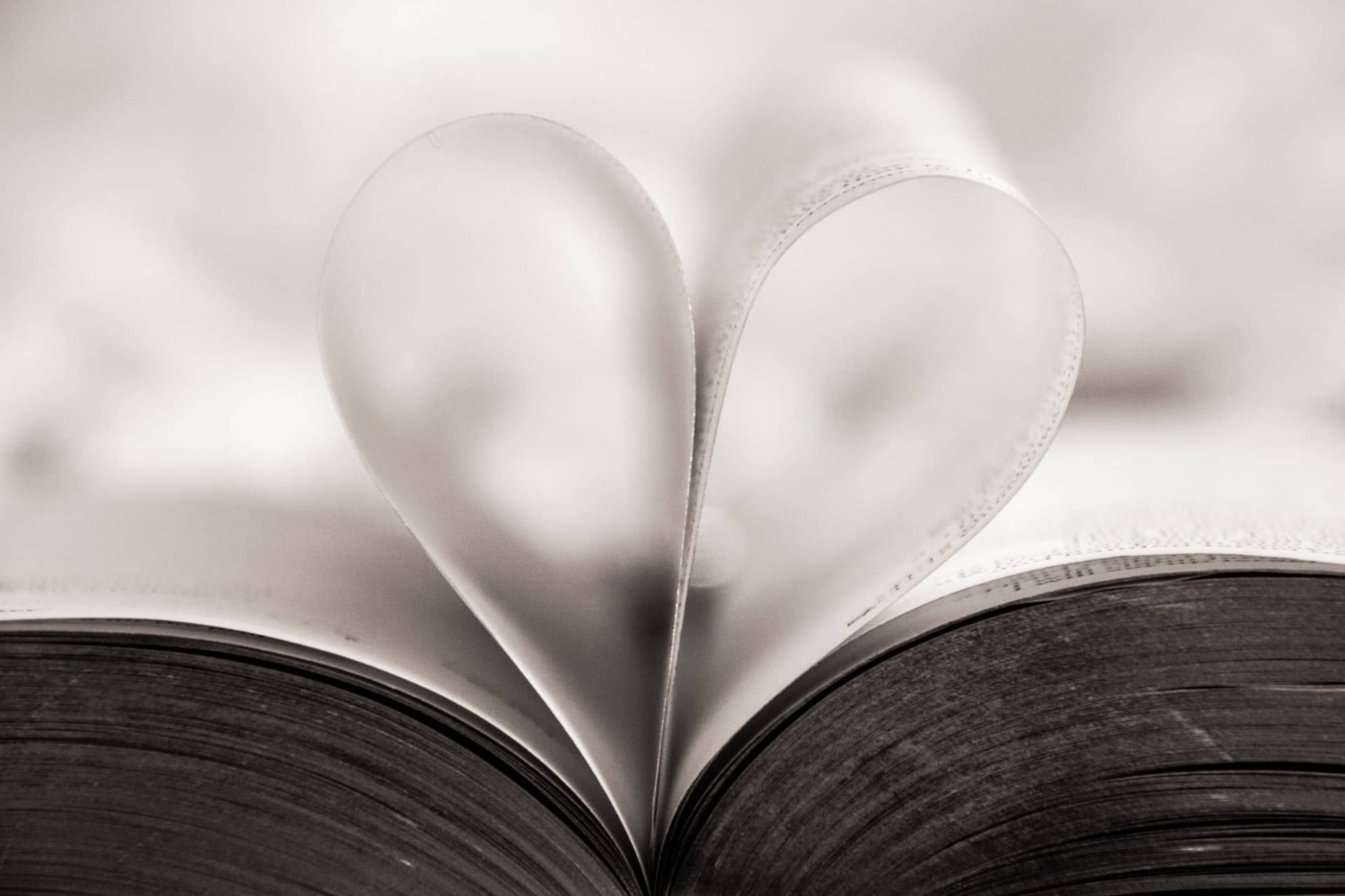How Dolly Alderton’s best-selling memoir became the new millennial bible
Journalist, podcast host, best-selling memoirist and now fiction writer, there seems to be nothing that Dolly Alderton cannot do. Having been lauded as “the Millennial Nora Ephron”, Alderton has established herself as one of the greats of confessional female literature, leaving readers in stitches as well as exploring difficult topics with great tact and warmth. Ahead of the release of her new fiction novel, Ghosts, it seems necessary to revisit Everything I Know About Love, her mesmerising debut novel that hooked readers and cemented Alderton as an impressive force in the literary world.
Being only 29 at the time of publication, it may seem premature for Alderton to have written her memoirs. However, despite her years, Everything I Know About Love is both hilarious and touching, making it a must read for women of all ages. Documenting her twenties, Alderton writes of love, friendship, and heartbreak with her signature wit, lamenting terrible dating stories as well as doling out advice to readers. Having recommended this book to every friend going through a breakup, Alderton’s writing is sure to help heal a broken heart whilst being outrageously funny in the process.
Interwoven with her tales of debauchery, Alderton writes sensitively about mental health, a by-product of years of partying
“When I finally have a boyfriend, little else will matter.” Everything I Know About Love opens with Alderton’s teenage view of love, a theatrical commitment to finding a boyfriend. She reflects on this naivety with humour, telling stories of first kisses (and second, and third), often motivated by alcohol but always fuelled by Alderton’s unfailing sense of mischief. Written chronologically, as the book progresses the reader follows Alderton’s changing views on life and love, told through anecdotes of bad dates and wild nights out, periodically summed up through “what I know about love at [insert age]” pages.
It is these stories that make the book so entertaining- one mad night from Alderton’s university years stands out in particular, when in search of an after party at 5am, she paid £200 for a taxi from London to Leamington Spa. Another especially bad date sees Alderton paying a £300 dinner bill to spite her tinder date. These anecdotes lift the novel, keeping it light and entertaining and balancing the more serious topics Alderton also broaches.
Interwoven with her tales of debauchery, Alderton writes sensitively about mental health, a by-product of years of partying. She writes: “The gap between who you were on a Saturday night, commandeering an entire pub garden by shouting obnoxiously… and who you are on a Sunday afternoon, thinking about death and worrying if the postman likes you or not, becomes too capacious.” She retells a selection of discussions with her therapist, lending an intimate insight into her battles with anxiety and alcohol whilst still maintaining her humorous edge. Alderton’s honesty is commendable, not being afraid to come across as, at times, somewhat unlikeable. This is only a strength for Alderton, as she writes articulately and vulnerably about a darker side of drinking that many readers will relate to.
Written alongside the stories of bad dates and failed relationships is a love letter to her girlfriends, a continual source of both fun and emotional support to Alderton
Other poignant moments throughout the book include the death of a close family friend and the breakup of best-friend Farley’s engagement, all of which Alderton writes about with great feeling and tact.
Arguably the most refreshing element of Alderton’s novel is her celebration of female friendship, the great love story ultimately being her relationship with her best friend Farley. Alderton’s journey to realising this, and the joy she finds in these moments, is a pleasure to read and a welcome change from the typical narrative present in much of women’s literature. Written alongside the stories of bad dates and failed relationships is a love letter to her girlfriends, a continual source of both fun and emotional support to Alderton.
Whilst reminiscing together, a friend of Alderton’s reflects: “We were just trying to collect stories for each other.” For this reason especially, I would recommend this book to any young woman as an invaluable reminder: throughout all the dating and heartbreak, your friendships are ultimately what will carry you through your youth.

Comments